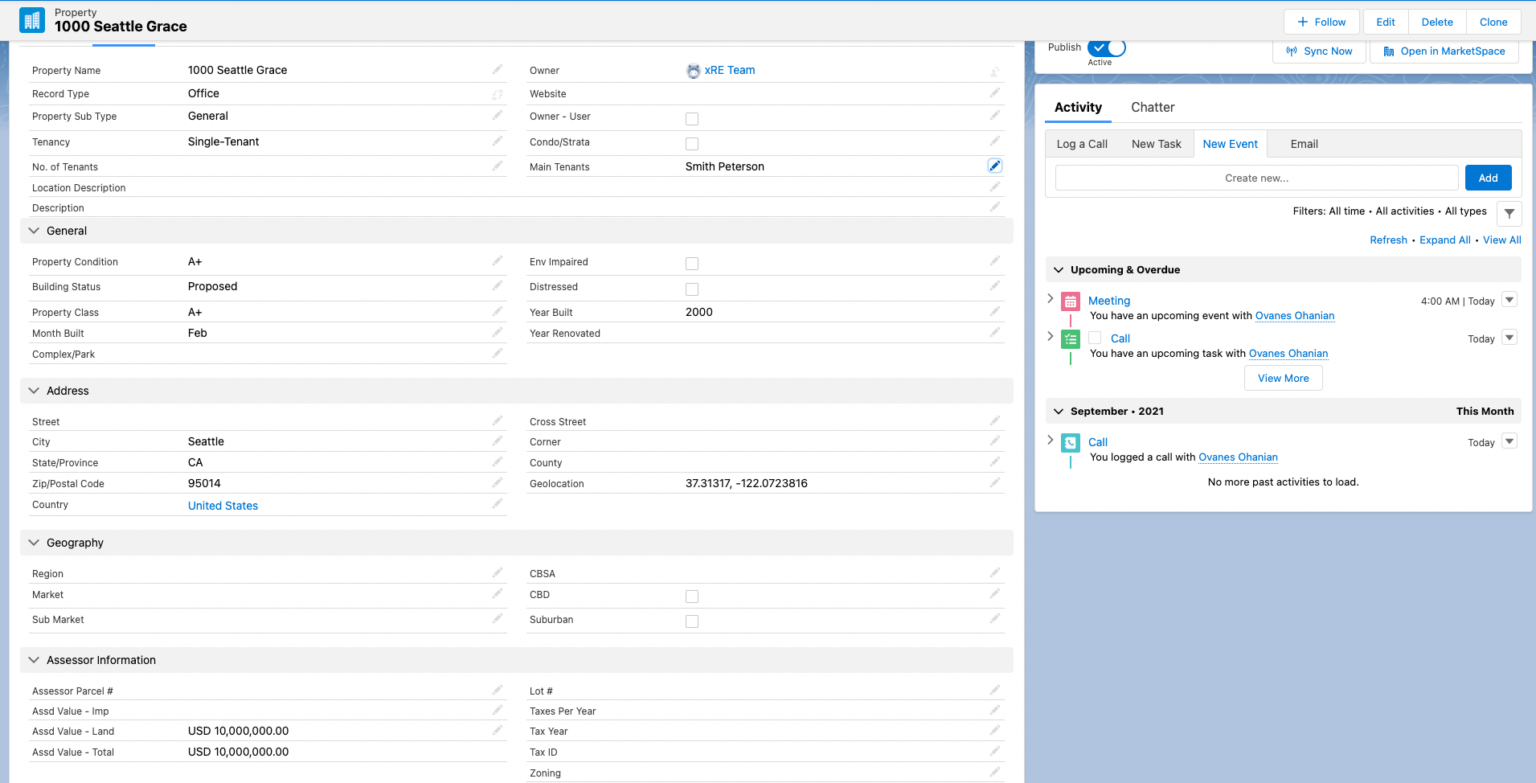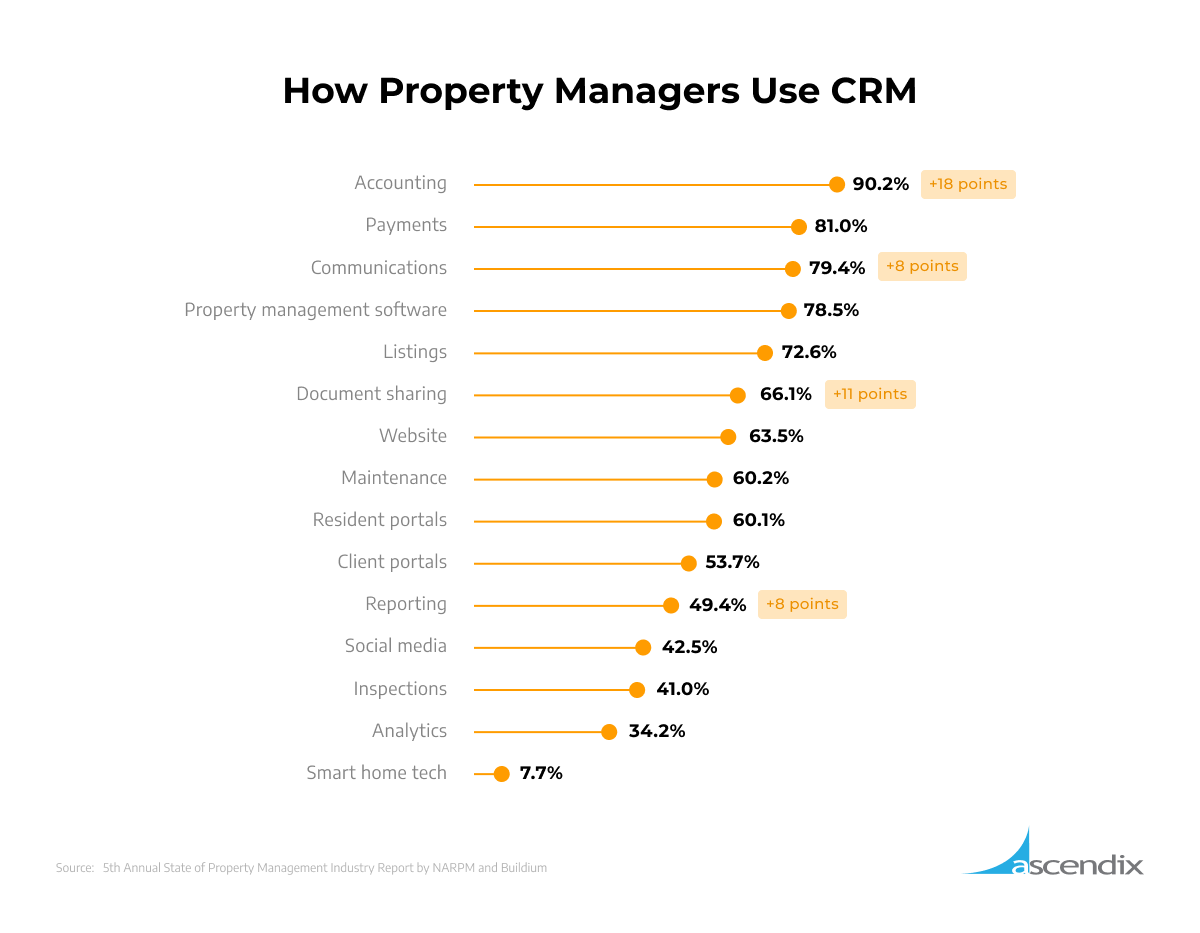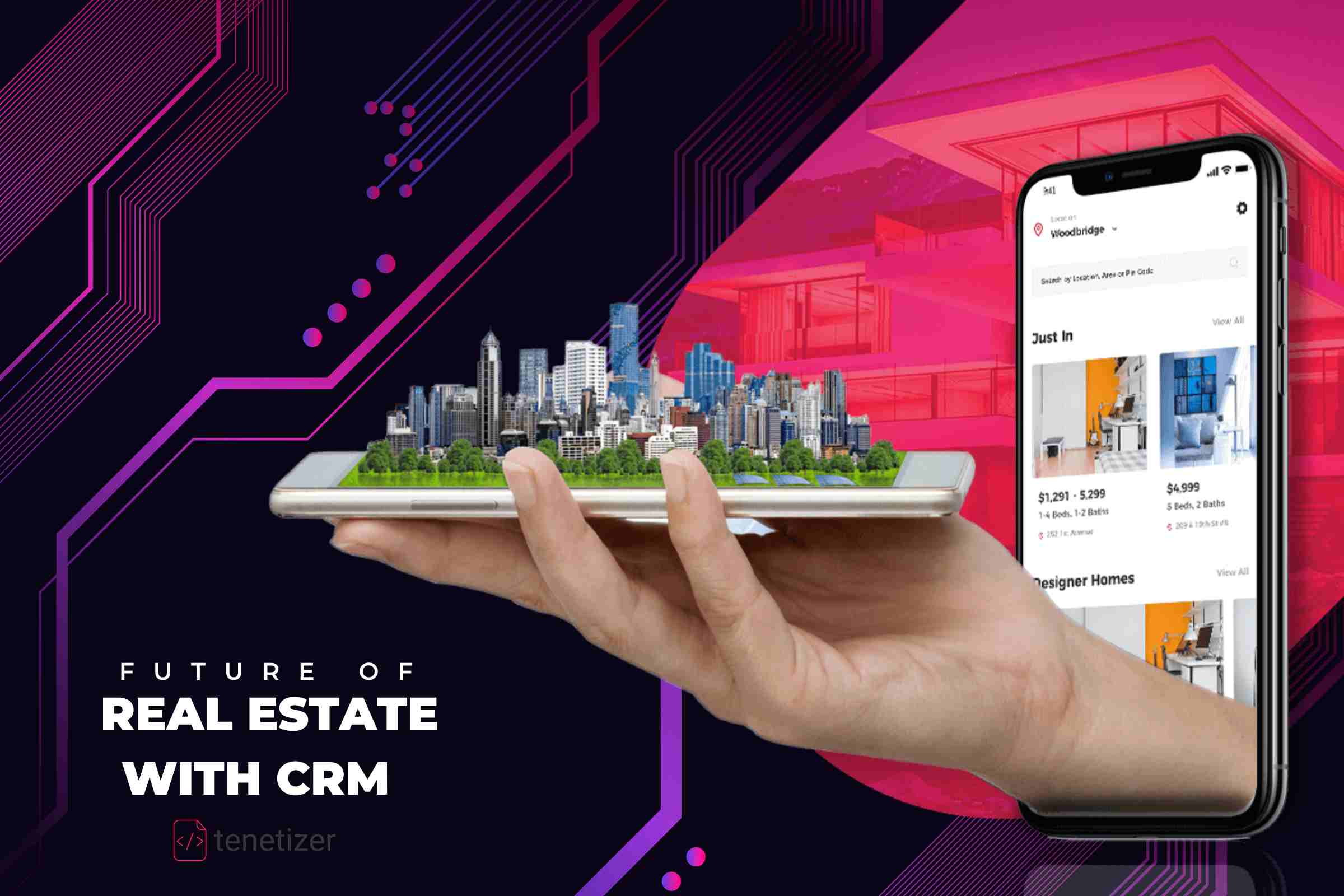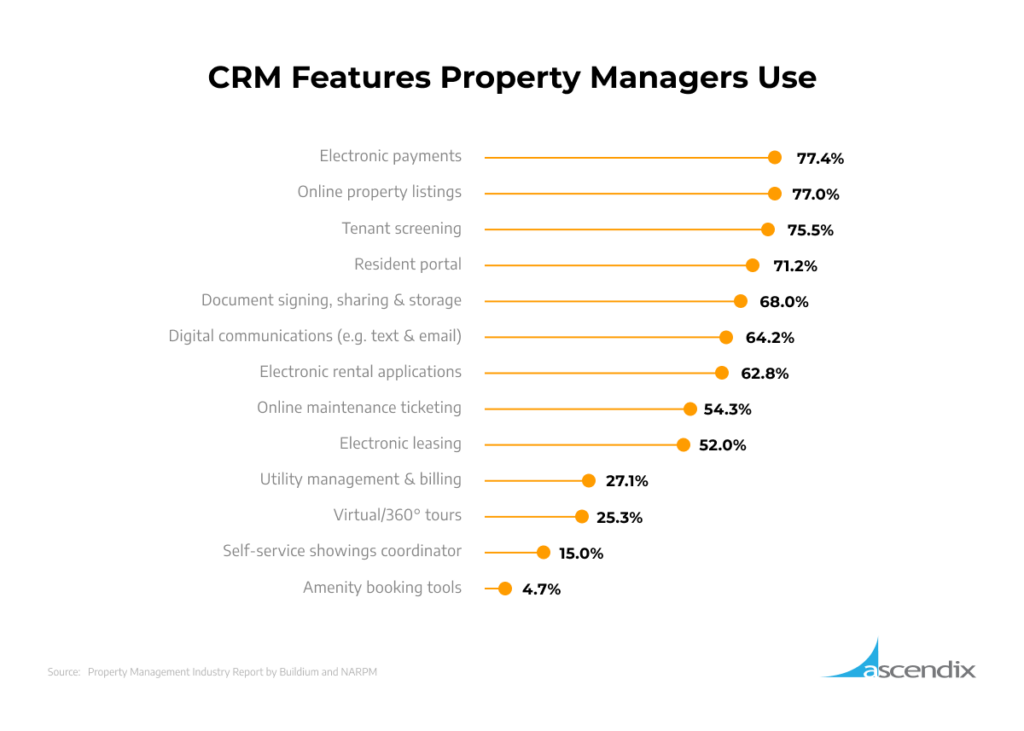CRM property management is a powerful tool that can help property managers streamline their operations, improve tenant relationships, and generate new leads. By utilizing a CRM system, property managers can centralize their data, automate tasks, and gain valuable insights into their business.
In this article, we will explore the key benefits of using a CRM for property management, discuss the essential features to look for when choosing a CRM system, and provide tips for getting the most out of your CRM investment.
Customer Relationship Management (CRM) in Property Management
Customer Relationship Management (CRM) systems are essential tools for property management companies. They provide a centralized platform to manage all aspects of customer interactions, from lead generation to property showings to lease management.
Using a CRM system can streamline property management tasks, improve communication with tenants and owners, and increase efficiency. Here are a few examples of how a CRM can help property managers:
Benefits of Using a CRM System in Property Management
- Manage leads and track their progress through the sales pipeline.
- Schedule property showings and appointments.
- Create and manage lease agreements.
- Communicate with tenants and owners through email, text, and phone.
- Generate reports on key performance indicators (KPIs).
li> Collect rent and track payments.
Choosing the right CRM system for a property management company is important. Here are a few tips:
Tips for Choosing the Right CRM System for a Property Management Company
- Consider the size of your company and the number of properties you manage.
- Identify the specific features you need in a CRM system.
- Get demos from multiple vendors and compare their products.
- Read reviews from other property management companies.
- Make sure the CRM system is easy to use and implement.
Key Features of a CRM for Property Management

A CRM system for property management offers a comprehensive suite of features designed to streamline operations, enhance communication, and improve overall efficiency. These features play a vital role in managing properties, tracking leads, nurturing relationships, and optimizing workflows. When selecting a CRM system, it is essential to consider the specific needs of your property management business and identify the features that align with your goals.
Different CRM systems offer varying combinations of features, and it is important to compare them based on their capabilities to determine the best fit for your organization. Some of the key features to consider include:
Lead Management
- Capture and track leads from multiple sources, such as websites, phone calls, and email campaigns.
- Qualify leads based on specific criteria to identify potential tenants or buyers.
- Automate lead nurturing processes to stay engaged with prospects.
Property Management
- Manage property listings, including photos, descriptions, and availability.
- Track maintenance requests and work orders to ensure timely resolution.
- Monitor rent payments and late fees to streamline financial management.
Tenant Management, Crm property management
- Create tenant profiles with detailed information, including lease agreements and payment history.
- Facilitate communication with tenants through multiple channels, such as email, text, and phone.
- Manage tenant screening and background checks to ensure responsible tenancy.
Reporting and Analytics
- Generate customizable reports on key metrics, such as occupancy rates, lead conversion, and tenant satisfaction.
- Analyze data to identify trends and make informed decisions.
- Track team performance and identify areas for improvement.
Integration
- Integrate with other business systems, such as accounting software, marketing automation tools, and tenant portals.
- Automate workflows and eliminate manual data entry.
- Provide a seamless and efficient user experience.
Integrating CRM with Other Property Management Systems

Integrating your CRM with other property management systems can streamline your operations, improve efficiency, and provide a better experience for your tenants and staff.
Here are some of the benefits of integrating CRM with other property management systems:
- Improved communication:A CRM can help you track all communication with your tenants and staff, so you can easily see what’s been said and when. This can help you avoid misunderstandings and keep everyone on the same page.
- Increased efficiency:A CRM can automate many of the tasks that you currently do manually, such as sending out rent reminders, processing payments, and generating reports. This can free up your time so you can focus on more important things.
- Better tenant experience:A CRM can help you provide a better experience for your tenants by giving them a single point of contact for all of their needs. They can use the CRM to submit maintenance requests, pay rent, and communicate with you directly.
Step-by-Step Guide to Integrating CRM with Other Systems
Integrating CRM with other property management systems is a relatively straightforward process. Here are the steps involved:
- Choose a CRM that is compatible with your other systems.Not all CRMs are created equal, so it’s important to choose one that is compatible with the other systems you use. This will make the integration process much easier.
- Export your data from your other systems.Once you have chosen a CRM, you will need to export your data from your other systems. This data will include your tenant information, property information, and financial data.
- Import your data into your CRM.Once you have exported your data, you will need to import it into your CRM. This process will vary depending on the CRM you are using.
- Configure your CRM.Once you have imported your data, you will need to configure your CRM to meet your specific needs. This includes setting up your workflows, customizing your reports, and creating your user roles.
- Test your CRM.Once you have configured your CRM, you should test it to make sure it is working properly. This includes testing all of your workflows and reports.
Challenges of Integrating CRM with Other Systems and How to Overcome Them
There are a few challenges that you may encounter when integrating CRM with other property management systems. Here are some of the most common challenges and how to overcome them:
- Data compatibility:The data in your other systems may not be compatible with the data in your CRM. This can make it difficult to import your data and can lead to errors.
- Security:When you integrate CRM with other systems, you are creating a potential security risk. It is important to take steps to protect your data from unauthorized access.
- Cost:Integrating CRM with other systems can be expensive. It is important to factor in the cost of integration when budgeting for your CRM.
Using CRM to Manage Maintenance Requests and Work Orders: Crm Property Management

Property managers can streamline maintenance request and work order management with CRM systems. CRM provides a centralized platform to track and manage all maintenance-related tasks, improving efficiency and communication.
Tracking Maintenance Request Status
CRM systems allow property managers to track the status of maintenance requests in real-time. This includes logging the initial request, assigning it to the appropriate staff, and updating its status as work progresses. This visibility ensures that requests are addressed promptly and efficiently.
Assigning Work Orders to Staff
CRM systems facilitate the assignment of work orders to specific staff members based on their availability, skills, and location. This ensures that the right person is assigned to the right task, optimizing maintenance operations and minimizing response times.
Improving Maintenance Request Management Efficiency
- Centralized Communication:CRM provides a single platform for all maintenance-related communication, eliminating the need for multiple emails, phone calls, and notes.
- Automated Workflows:CRM systems can automate maintenance request workflows, such as sending notifications, assigning work orders, and updating statuses, reducing manual tasks and improving efficiency.
- Performance Monitoring:CRM systems track maintenance request history and performance metrics, allowing property managers to identify areas for improvement and optimize their maintenance operations.
Using CRM to Generate Reports and Analyze Data
CRM systems provide robust reporting and data analysis capabilities that empower property managers to make informed decisions and optimize their operations.
With CRM, property managers can generate a wide range of reports, including:
- Occupancy reports: Track vacancy rates, tenant turnover, and lease expirations.
- Financial reports: Monitor income, expenses, and cash flow.
- Maintenance reports: Track work orders, maintenance requests, and repair costs.
- Customer satisfaction reports: Measure tenant satisfaction and identify areas for improvement.
These reports provide valuable insights into property performance, tenant behavior, and maintenance needs. By analyzing the data, property managers can identify trends, forecast future demand, and make strategic decisions to improve operations.
Best Practices for Using CRM in Property Management

To maximize the benefits of CRM in property management, it is essential to follow best practices. These include:
Centralizing Customer Data
Consolidate all customer-related data, including contact information, communication history, property preferences, and maintenance requests, into a central CRM system. This ensures a comprehensive view of each customer’s interactions with the property management company.
Automating Workflows
Automate repetitive tasks, such as sending email reminders, scheduling appointments, and generating reports. This frees up property managers to focus on more strategic tasks, improving efficiency and reducing errors.
Using CRM for Marketing and Lead Generation
Leverage CRM to nurture leads, track marketing campaigns, and identify potential tenants. By integrating with email marketing tools, property managers can send targeted campaigns and track the effectiveness of their efforts.
Providing Excellent Customer Service
Use CRM to track customer inquiries, respond promptly to requests, and resolve issues efficiently. This enhances tenant satisfaction and builds strong relationships.
Avoiding Common Pitfalls
To avoid common pitfalls when using CRM, it is important to:
- Choose the right CRM system that meets the specific needs of the property management company.
- Train staff thoroughly on how to use the CRM effectively.
- Integrate CRM with other property management systems to ensure seamless data flow.
- Regularly review and update CRM data to maintain accuracy and relevance.
Final Conclusion

CRM property management is an essential tool for any property manager who wants to improve their operations and grow their business. By implementing a CRM system, property managers can gain a competitive edge and provide their tenants with the best possible experience.
FAQ
What are the benefits of using a CRM for property management?
CRM systems can help property managers streamline their operations, improve tenant relationships, and generate new leads.
What are the essential features to look for when choosing a CRM system for property management?
When choosing a CRM system for property management, it is important to consider features such as tenant management, lead generation, maintenance management, and reporting.
How can I get the most out of my CRM investment?
To get the most out of your CRM investment, it is important to implement the system properly, train your staff on how to use it, and track your results.
